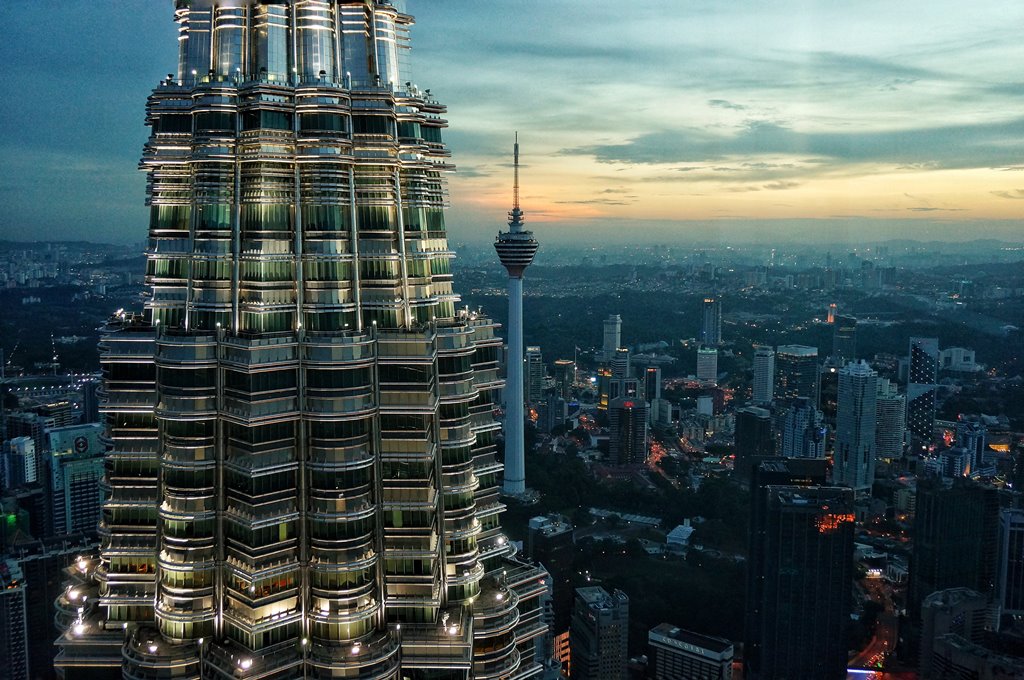There is no question that the new government inherited some major problems when they came into power in May 2018. Finding a whole new set of leaders to address the serious issues arising from the previous government’s mismanagement was itself a daunting task, not least because, as it transpired, many of the civil servants who were meant to implement changes were still wedded to the old regime. Soon, and not surprisingly, many Malaysians started questioning the quality of some of the new appointees, few of whom had any prior experience in senior government positions.

The problem was made worse by the substantial debts the country faced and the shortage of funds within the government. Mega-projects were cancelled or renegotiated, and other steps were taken to cut costs while at the same time trying to stimulate the economy.
On top of this, it became clear that the level of corruption within the last government was apparently much worse than some Malaysians had thought. The current multiple investigations of those responsible is itself a time-consuming and lengthy task.
We are aware that it’s easy for people to feel that their area of involvement is not receiving the attention it deserves; however, we are concerned about some recent developments. For over 20 years, TEG Media, which publishes this website, has been promoting Malaysia to an international audience and has been closely involved with the English-speaking expat community living here.

Some things were inherited, but we feel they deserve more attention. For example, tourism to Malaysia has hit hard times. In 2010, Malaysia had some 24.6 million tourist arrivals, nearly 9 million more than Thailand. Though admittedly half of those arrivals came from neighbouring Singapore, Malaysia was nevertheless in the top 10 most visited countries in the world. From 2010 to 2018, Thailand increased its 15.9 million tourist arrivals to a very impressive 38 million. By contrast, Malaysia, in the same period, had increased its 24.6 million to 25.8 million. Thailand expects income from tourist arrivals this year to be in excess of US$70 billion, making it a material contributor to the country’s GDP.
Next year is Visit Malaysia Year (VMY), and in the past the government has allocated more money, starting with VMY 1990, to promote the occasion. This has a multiplier effect, because the growth in VMY visitors tends to roll over to subsequent years. Apparently, this time they decided not to give tourism any extra funds (though we understand the VMY campaign is underway to some extent in a couple of neighbouring ASEAN countries). In our view, this is missing out on a huge opportunity. Given all the negative international publicity the country has received, it would seem to be a perfect time to promote the “new Malaysia” and show the world the country is still functioning and moving forward.

The weak ringgit makes the country especially attractive for many tourists, although people outside Malaysia are not being made aware of how that transpires as an opportunity for great value right now. Apart from the financial contribution to the country’s economy, tourism promotion is crucial way to get more people talking about the country in a positive manner, and let’s face it, when it comes to great tourism assets, Malaysia genuinely has a lot to offer.

Then there are the Malaysia My Second Homers (MM2Hers). Our recent research shows that the MM2Hers that relocate here, collectively spend millions of ringgit in the country – an excellent addition to the growing economy. However, last year a massive backlog in processing new applications meant people were waiting up to a year for approval, usually with no idea when, or if, an approval would be coming. Needless to say, this created a lot of distress among applicants and rumours spread that the programme was being shut down. These problems created a negative image of the programme and the country.
Finally, after the problem was highlighted in the local press, the Ministry advised they would set up a task force to clear the backlog by the end of June. Progress has been made, but the much of backlog is still pending. There are other issues with the programme which, if fixed, could improve the take-up rate to ensure it makes an even bigger contribution to the Malaysian economy.
In addition, for reasons which were not announced, the government decide to add another step in the approval process so the Ministry of Home Affairs has get involved with reviewing applications. The existing review was already known to be quite rigorous, so this additional part to the system has caused extra problems. In fact, we are not aware of any applications being approved since this recent policy was introduced more than six months ago. Not only is Malaysia losing out on the prolific spending power that MM2H applicants bring, they are damaging the image of the programme among potential future applicants.

Yet another disturbing factor is the crackdown on foreigners working in Malaysia. We continually hear stories about it being harder and harder to get a work permit or renewal. Even when approved, the process is getting more and more cumbersome. Here in our own office, we have had a case pending for months, even though our business’s primary role is to promote Malaysia. We understand the concern about foreigners taking jobs from Malaysians, but it seems to be more than that. In fact, we are certain that most companies here would hire a qualified Malaysian before going through all the problems of getting a work permit for a foreigner.
The issue seems to be that there are cases where a foreigner seems the best fit, but then they either cannot get approval or it is an extremely onerous exercise. The reality is that foreigners who come here to work bring skills that are needed into the country. That’s how they get a job. Many of them have set up businesses which employ Malaysians. We are delighted that here at TEG Media, our small business provides a livelihood for some 25 Malaysians and their families.
The previous government not only spent money with us to spread information to the international community, they also sought our input and support on many different topics related to this sector. Of course, they did not always take action on our input, but they wanted to hear our views, which was encouraging. Sadly, that all went bad when the 1MDB scandal started, but for a while, it was clear that the views of expats were of interest to the policymakers.

The new government seems to have little interest in the international community, and, as explained earlier, some of their actions or lack of action appear to be having a negative impact on the country’s economic growth.
Frankly, we don’t know if this is a deliberate policy or merely a function of other matters being considered as more urgent, but it would be useful if we could at least get answers to our questions or some clarity on what the government does feel about these issues. Meanwhile, we continue to be strong advocates for Malaysia, but our job would admittedly be much easier if we felt the government was also interested in reaching out to the international community.
"ExpatGo welcomes and encourages comments, input, and divergent opinions. However, we kindly request that you use suitable language in your comments, and refrain from any sort of personal attack, hate speech, or disparaging rhetoric. Comments not in line with this are subject to removal from the site. "





















